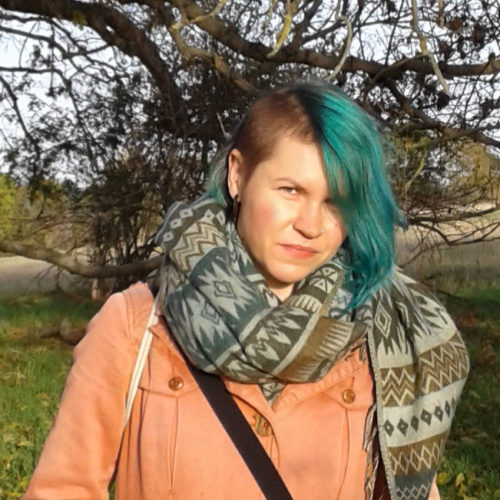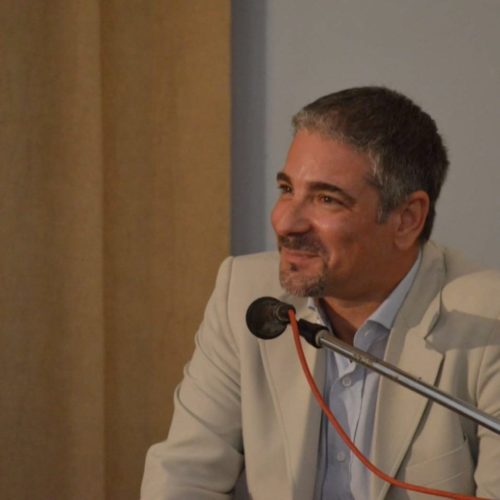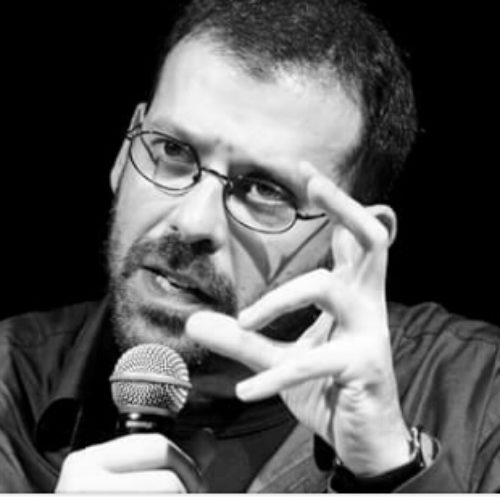Debate on the Refugee Crisis
Our (partially) obsolete value mentality
December 19th, 2020

As members of the Alarm Phone network reported on Al-Jazeera, at least 110 human lives, probably more, were lost in the Mediterranean sea in just one week in November. What is even more disturbing, these lives could have been saved. The authors describe evasive tactics of the European authorities as a deadly routine: hanging up on Alarm Phone members trying to forward requests for help, not picking up the phone in the first place, openly refusing to take responsibility:
“Death at sea is not inevitable. It is intentional. European maritime rescue coordination centres are not simply dysfunctional: they are part of a violent regime that seeks to keep unwanted migrants out, no matter the cost.”[1]
What can explain this (possibly and probably) intentional failure of institutions such powerful as EU authorities? Depending on our theoretical, political and moral affiliations, we can draw on several explanations such as complexity and lack of transparency inherent to the institutional architecture of the European Union, traditional ideologies of inequality and colonial continuities, a globalised market economy and neoliberal state policies, and far-right political movements promoting collective chauvinism and egotism. All of these explanations are as valid as they are partial.
Interesting though is the actuality of some older explanations. Karl Polanyi not only described the devastating effects of the “economic” society decades ago. He even described the attitude of privileged groups unwilling to share their freedom: “The comfortable classes enjoy the freedom provided by leisure in security; they are naturally less anxious to extend freedom in society than those who for lack of income must rest content with a minimum of it. […] They talk of slavery, while in effect only an extension to the others of the vested freedom they themselves enjoy is intended”.[2]
“Karl Polanyi not only described the devastating effects of the “economic” society decades ago. He even described the attitude of privileged groups unwilling to share their freedom”
To Polanyi, submitting labour to market laws meant “to annihilate all organic forms of existence”,[3] to turn living persons into commodities. Where there are human commodities, there will inevitably be human waste, as Zygmunt Bauman once called the unexploitable of this world.[4]
The idea of a global structure of social inequality as a continuum of abilities to be (spatially and socially) mobile, mobility as property and capital and its interconnections with classical dividing lines of discrimination like race and class has become the main focus of my work in the recent years. In order to analyse devastating and all too often deadly effects of discrimination against migrants in today’s globalised societies, we can only profit from incorporating critiques of market economies in broader theories of social inequality.
“In order to liberate our lives and societies from an economistic doctrine, we have to start thinking beyond the terms of value, price and worth when referring to human existence.”
Further, we can also develop an ethical imperative relying on Polanyi’s insights: In order to liberate our lives and societies from an economistic doctrine, we have to start thinking beyond the terms of value, price and worth when referring to human existence. Every time that we think or speak of our own and other people’s worth, we submit the meaning of human lives to potential calculation, measurement and thus, commodification and disposal. As the price of a human life cannot be defined, let alone compared, these notions are harmful, while they still can be useful in other realms. Our goal should therefore be to provincialise, to use Dipesh Chakrabarty’s postcolonial term, notions of value and worth in human societies.
[1] https://www.aljazeera.com/opinions/2020/11/21/call-it-what-it-is-a-massacre-at-europes-doorstep/
[2] Polanyi, Karl (2001). The Great Transformation: The Political and Economic Origins of Our Time. Boston: Beacon Press, p. 262-263.
[3] Ibid., p.171, see also Polanyi (1947): “Our Obsolete Market Mentality”, Commentary, 3(2): p. 109-117.
[4] Bauman, Zygmunt (2004): Wasted lives. Modernity and its outcasts. Cambridge: Polity Press.
Ria Prilutski
Ria Prilutski has studied European Studies and Social Theory in Magdeburg and Jena and worked as research and teaching assistant at the Sociology Institute of Friedrich Schiller University of Jena. Her research interests include critical migration studies, racism, intersectionality, and theories of social inequality. She is currently working on her doctoral dissertation.
Read our other essays on the Refugee Crisis here:




